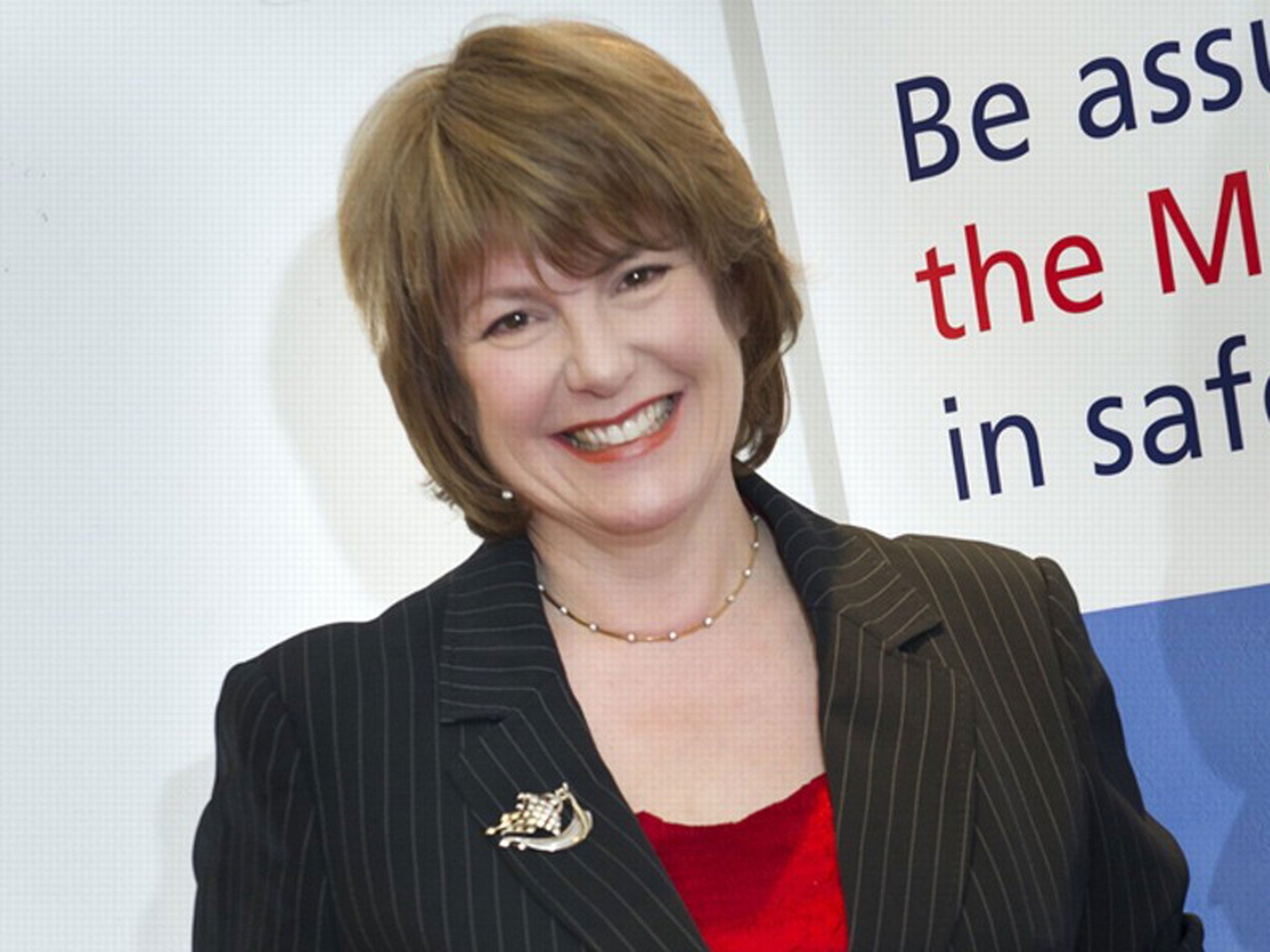Negligence payouts 'bankrupting' NHS
Demand for law to be changed as damages bill climbs 10 per cent a year to reach £18bn

The head of Britain's largest medical defence organisation is calling for a change in the law to curb the soaring cost of negligence claims which threatens to bankrupt the NHS.
Christine Tomkins, chief executive of the Medical Defence Union, which insures 200,000 doctors mostly in the UK, said the bill facing the NHS was now £18bn and rising – enough to pay the annual running costs of a dozen large teaching hospitals. But her proposals could mean victims of medical negligence would see their damages claims halved.
"Medical damages are going up very, very fast – far faster than society's ability to pay for them. The first £1 m-plus damages claim in 1988 was met with astonishment.
"Today claims for babies damaged at birth may cost up to £6m. Money is pouring out of the NHS to set up 'one-patient institutions' when it could be retained in the NHS," she said.
In October the parents of Joe O'Reggio, 11, won damages worth £6m after he suffered brain damage during his birth in April 2001 at New Cross Hospital, Wolverhampton. The money, which will be paid by the NHS Litigation Authority (NHSLA) out of a levy imposed on all NHS trusts, included an immediate lump sum to provide the family with an adapted home and regular future payments to provide overnight care.
The rise in the size of settlements, escalating at 10 per cent a year, is being driven by improvements in care, longer life expectancy, and a reduction in expected future investment returns.
Ms Tomkins said that the law required that the cost of future care in such cases be calculated on the basis that it would be provided privately, rather than on the NHS. The rule was established under the 1948 Law Reform (Personal Injuries) Act – before the NHS became established.
"Why must you disregard NHS care [in calculating the size of a settlement]? It was understandable in 1948 when no one knew how long the NHS would last or how comprehensive it would be. But it doesn't make any sense today when the NHS often delivers the best care."
"More than half of the big settlements are to pay for future care. If you could have regard to what the NHS provides it would reduce them very substantially. It would save billions."
Botched care in pregnancy and childbirth has led to more than 5,000 successful negligence claims against the maternity services over the last decade – costing the NHS £3.1bn, according to the NHSLA, which settles claims against NHS hospital trusts. Experts say that hiring more consultants and providing 24-hour consultant care on obstetric units could reduce the risks for all babies and save the NHS costs by cutting the compensation bill. The NHSLA found that in the 5,087 cases that resulted in claims, junior doctors and inexperienced midwives were involved in the management of labour without adequate assistance.
In 2007, the Department of Constitutional Affairs sought views on repealing the 1948 law. It took two years to consider them but no consensus on the way forward emerged.
"The repeal of the 1948 Act will be complicated. But it no longer makes any sense. It will need careful thought to produce a scheme that is better, more affordable and in which everyone wins," Ms Tomkins said.
Identical cases different outcomes
The cases of Tamara Hutchinson and Sam Mansell, both of whom suffered brain damage at birth, highlight the gross inequity of the system.
In 1999, the parents of both children sought compensation to secure their child's future. Sam, pictured with his mother Penny, won and was awarded £3.2m. Tamara lost and got nothing.
Today, Tamara is 23, and attends two day centres, both run by charities, and for the last year the family have had two carers, paid for out of a local authority. But they said it had been a "constant battle" getting help. The money awarded to Sam's family paid for round the clock care, a specially adapted house and equipment.
His mother, Penny, said at the time she planned to take him to Disneyland – an option not open to Tamara.
Join our commenting forum
Join thought-provoking conversations, follow other Independent readers and see their replies
Comments